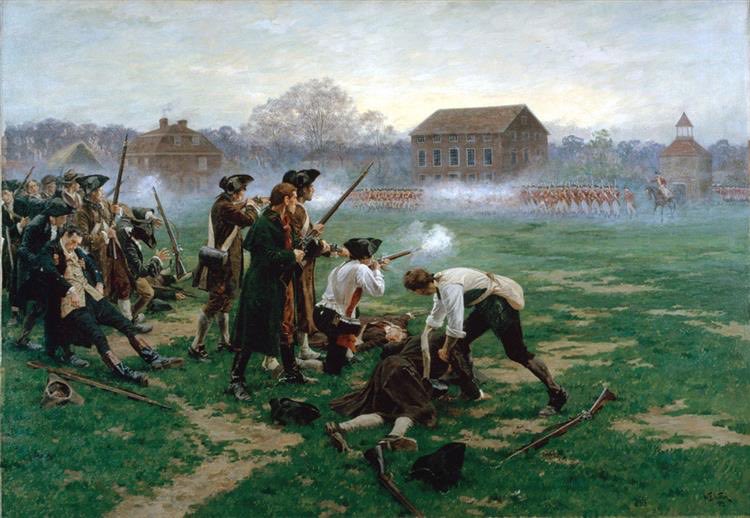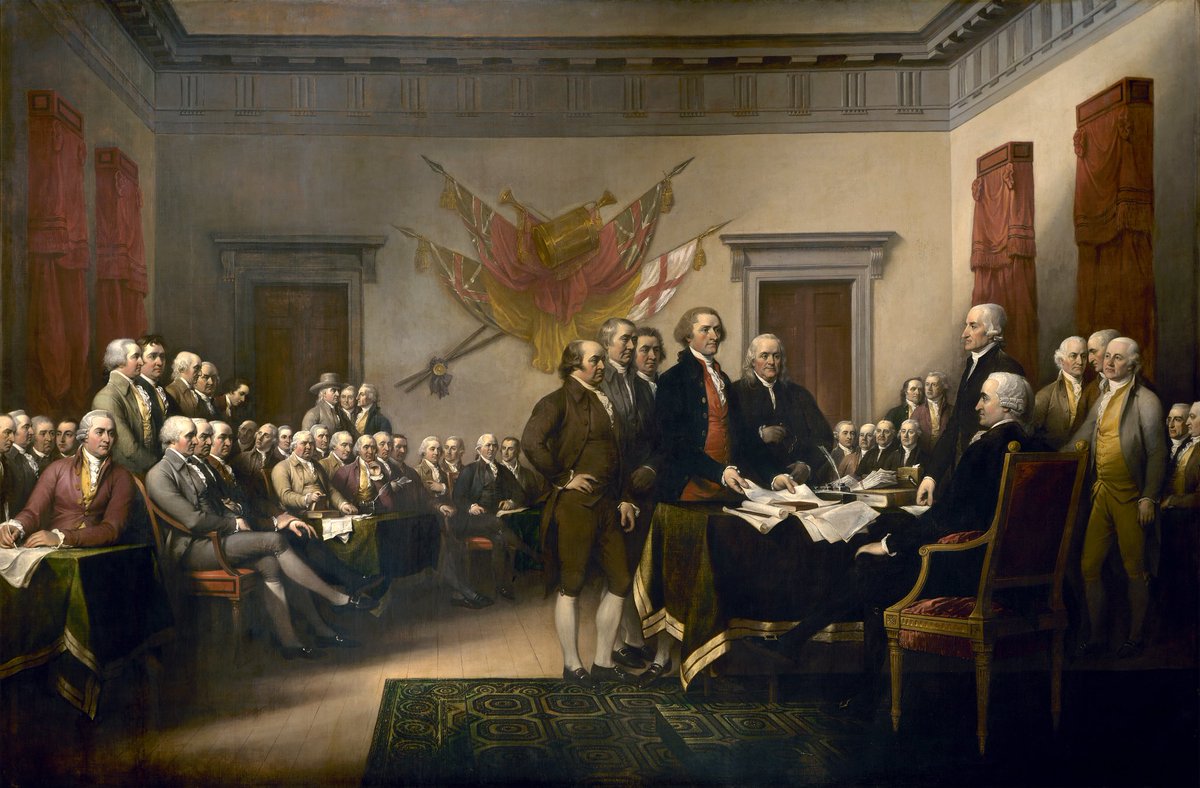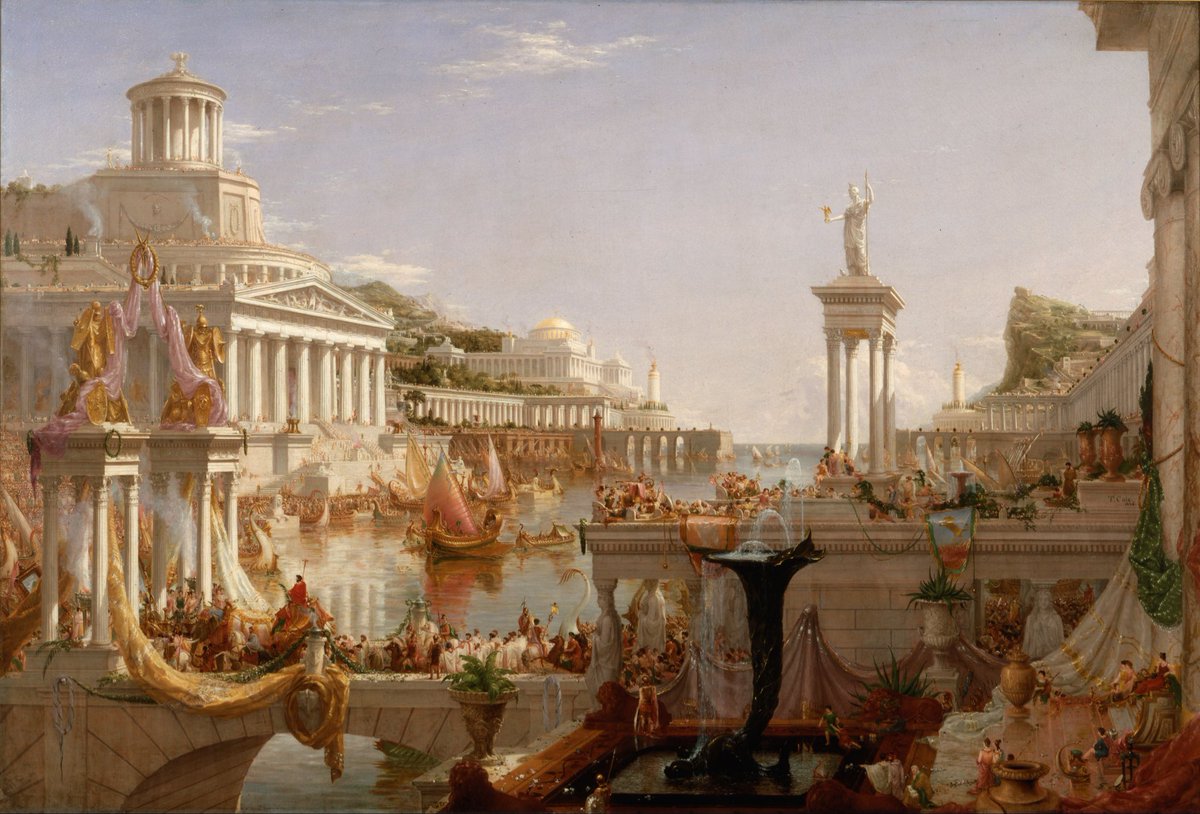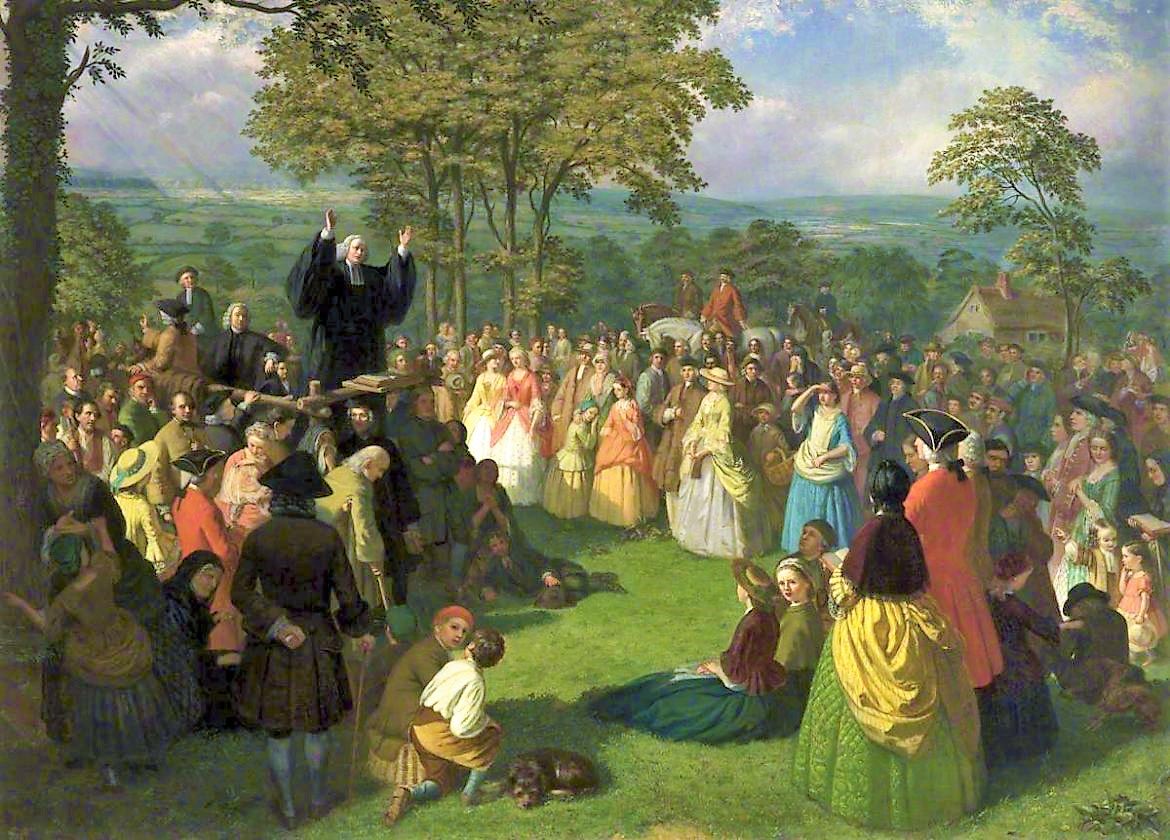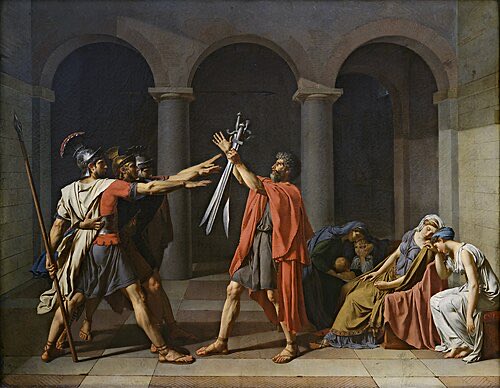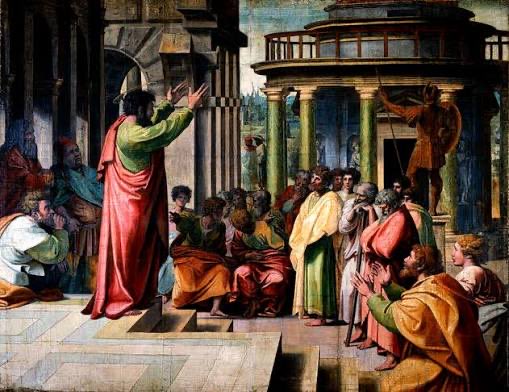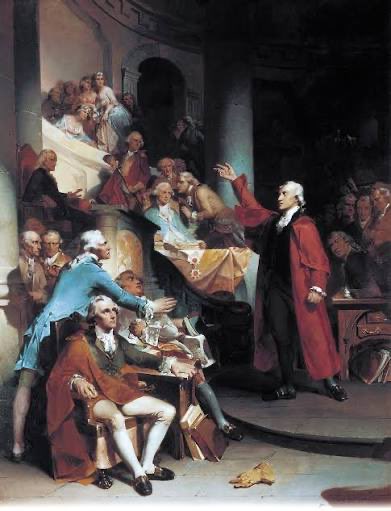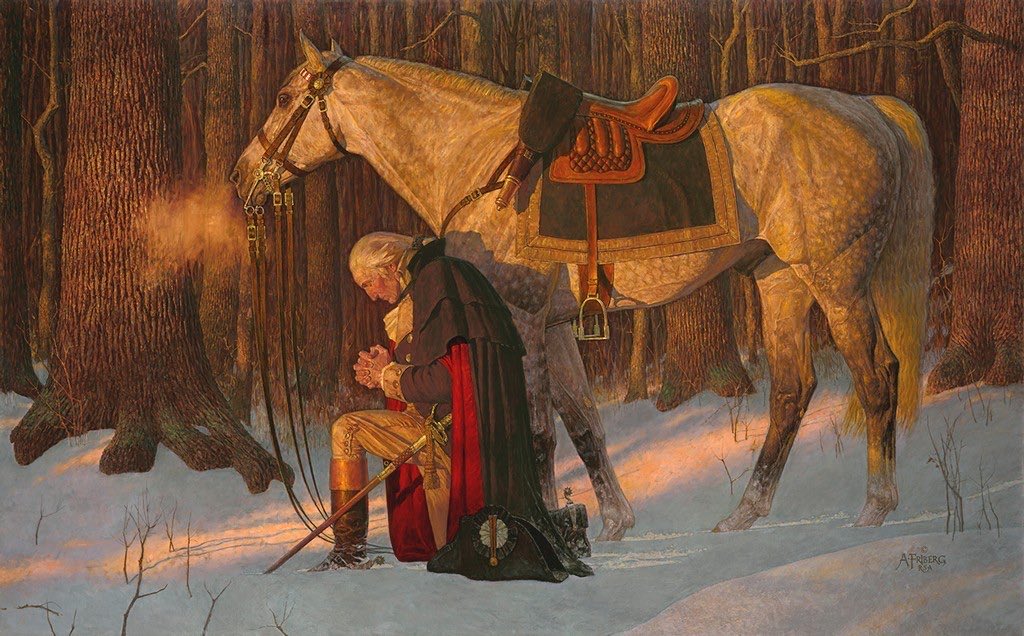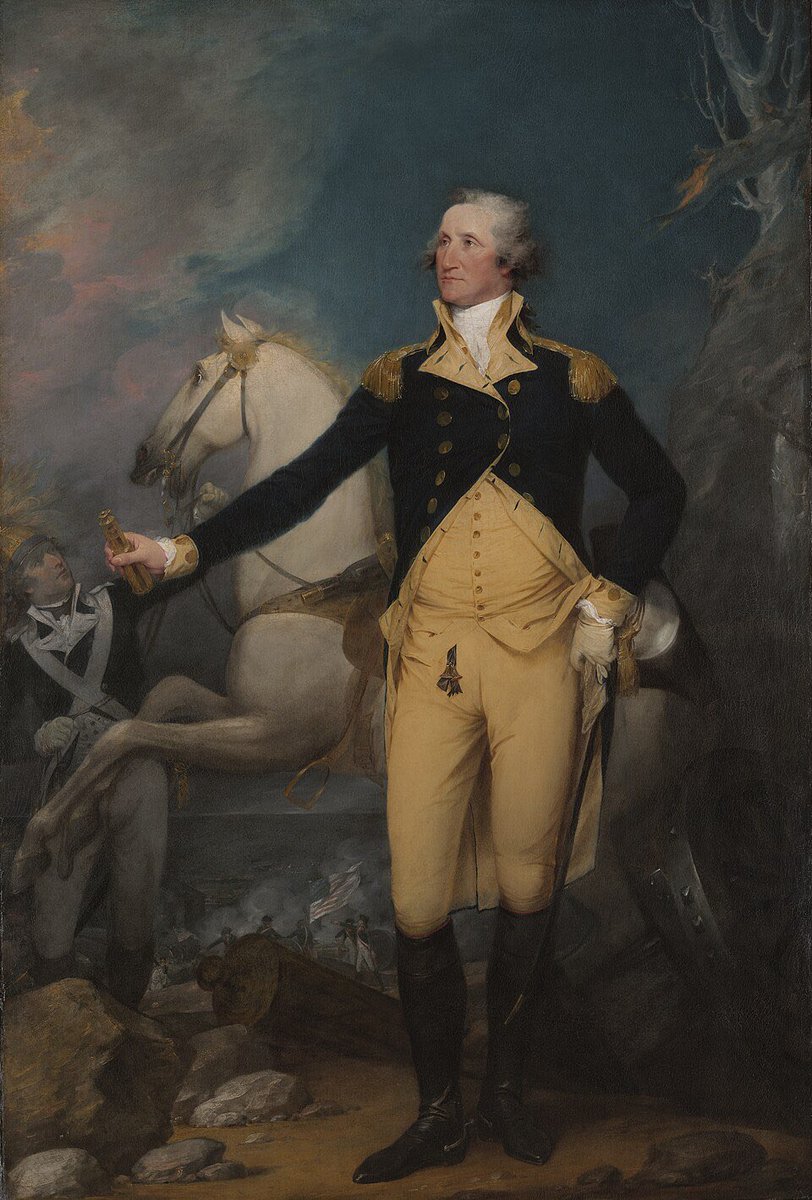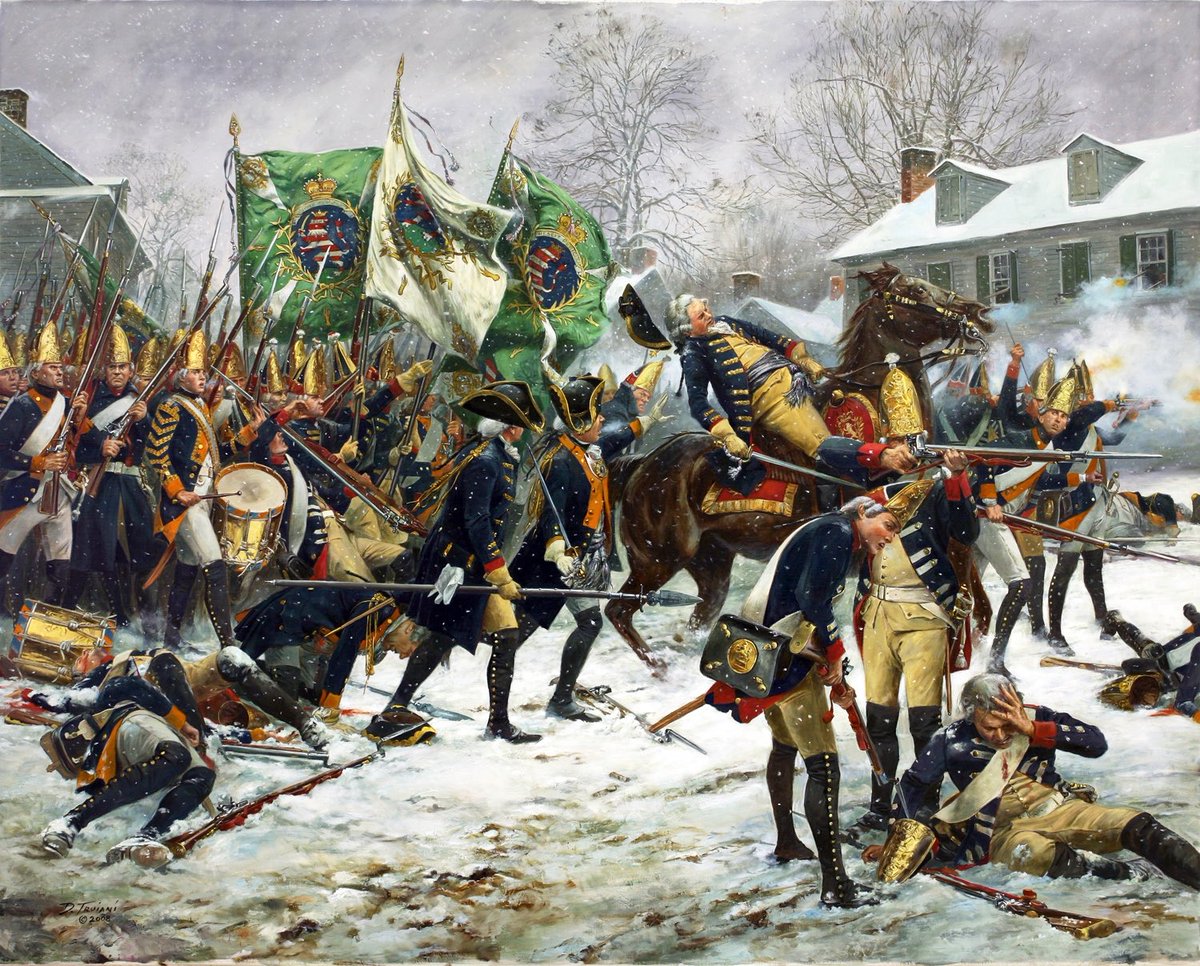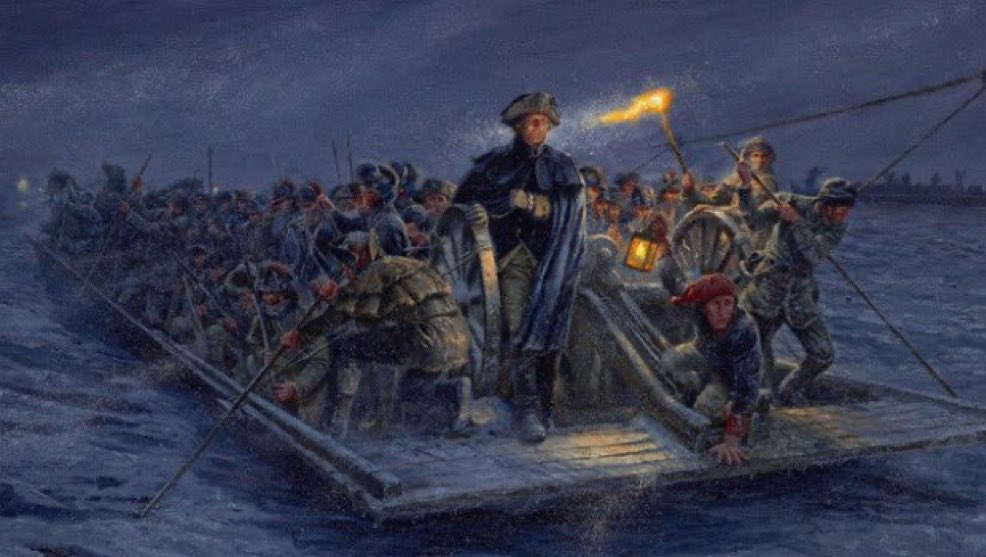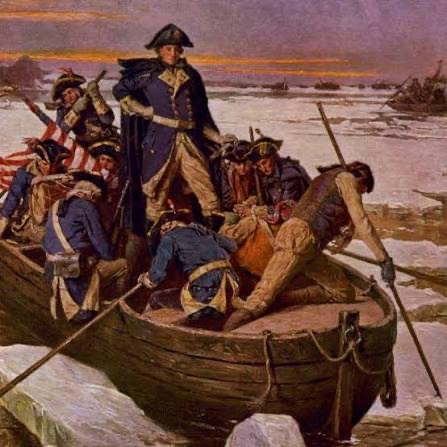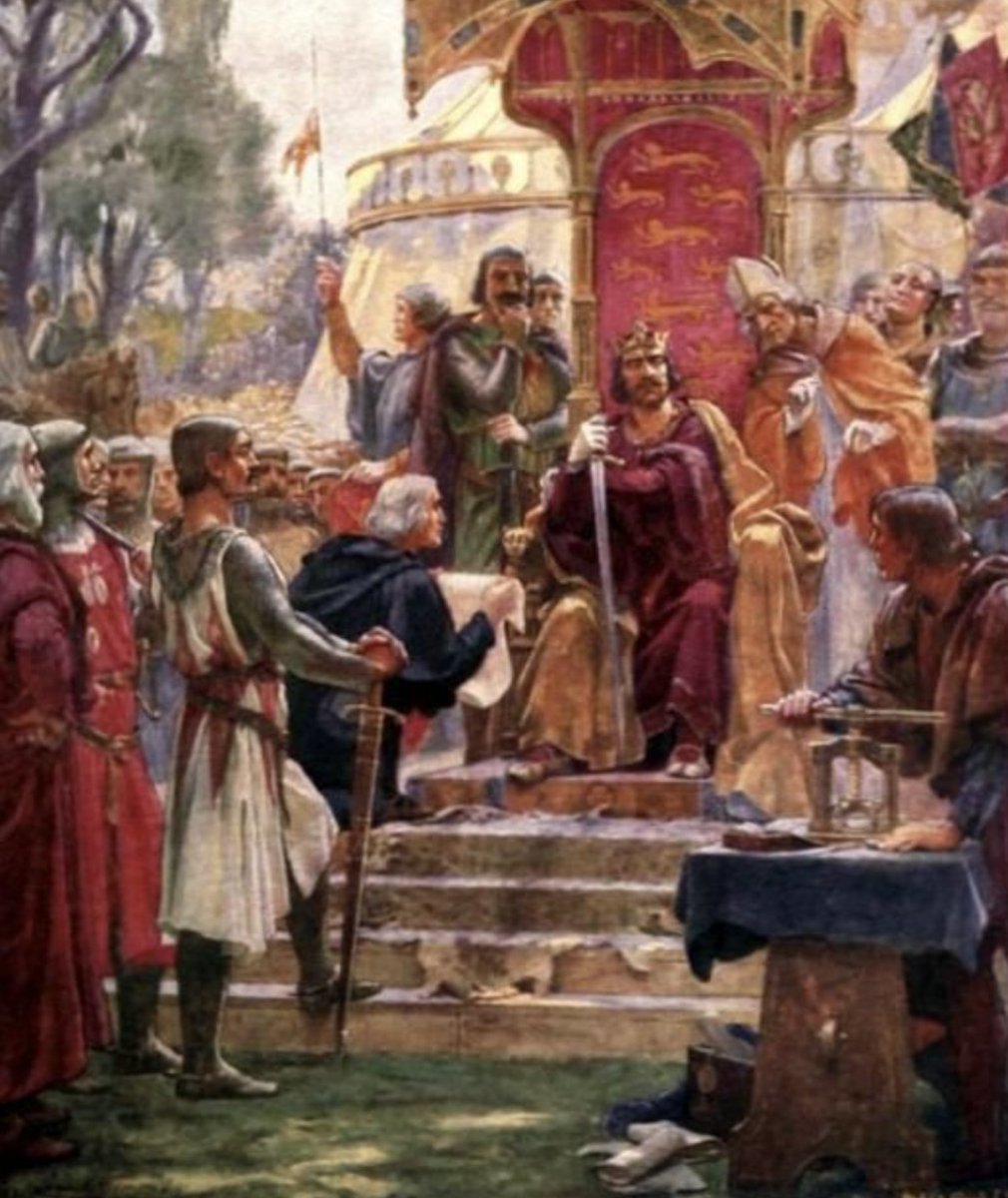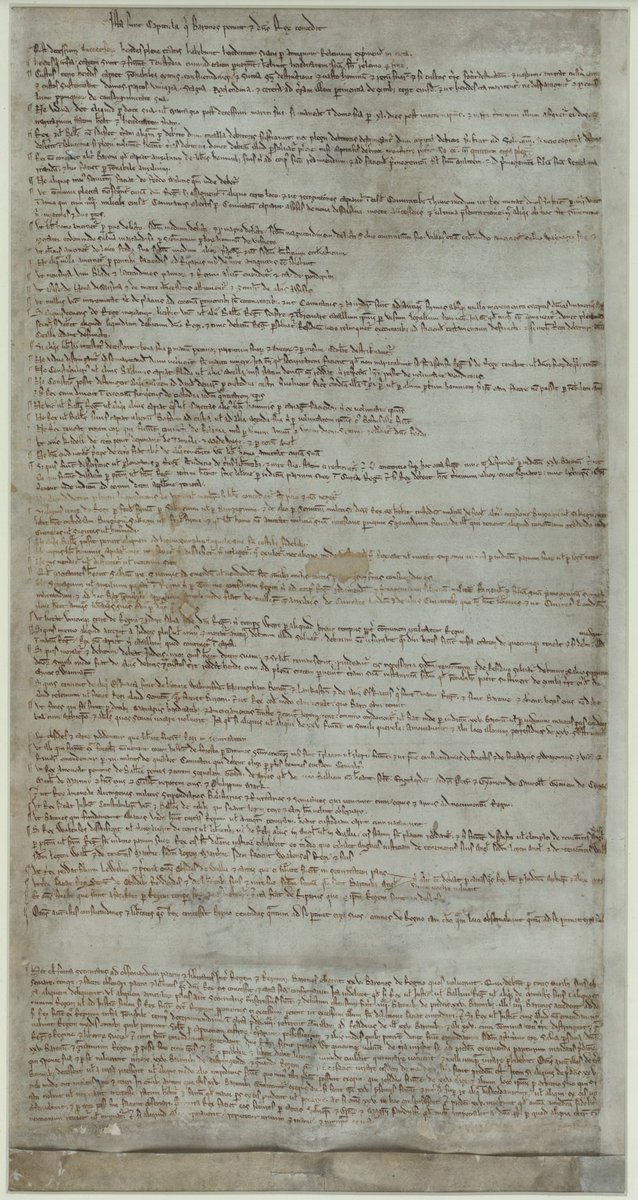In 1776, Thomas Paine lit the fire with Common Sense. It was a call to clarity, courage, and action. Today, America needs a new version. Not nostalgia; renewal. Common Sense 2025.
Let’s dive in. 🇺🇸 #AmRev
Let’s dive in. 🇺🇸 #AmRev

Paine’s genius was simplicity. He cut through the fog. No half-measures, no hedging. His words reached farmers, artisans, and merchants alike. The truth was self-evident; tyranny must be broken. 

Common Sense 2025 is not about Britain or kings. It’s about us. About whether we will live as free men, speaking truth without fear, or as broken horses; tamed, censored, and compliant. 

The Founders knew that the greatest chains are not forged of iron, but of the mind. Paine’s pamphlet shattered illusions. Ours must too. 

America’s crisis today is not distant. It is not abstract. It is the erosion of virtue, the silencing of speech, the surrender of courage. Paine would tell us: stop excusing, stop waiting, start acting. 

The enemy is not far away. It is within; every time we choose comfort over conviction, silence over truth, ease over responsibility. 

The Revolution was not won by elites in marble halls. It was carried by ordinary men and women who refused to bend. That spirit, grit, faith, courage, is the foundation we must recover. 

What does Common Sense 2025 demand? Speak freely. Live virtuously. Take responsibility. Refuse dependency. Build communities rooted in faith and excellence. That is how republics endure. 

Our Founders knew: freedom requires vigilance, sacrifice, and moral courage. Liberty dies not in foreign lands, but when citizens surrender it at home. 🇺🇸 #AmRev @elonmusk @realDonaldTrump 

• • •
Missing some Tweet in this thread? You can try to
force a refresh


